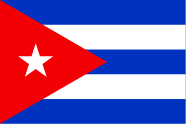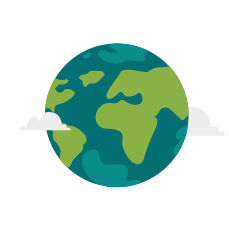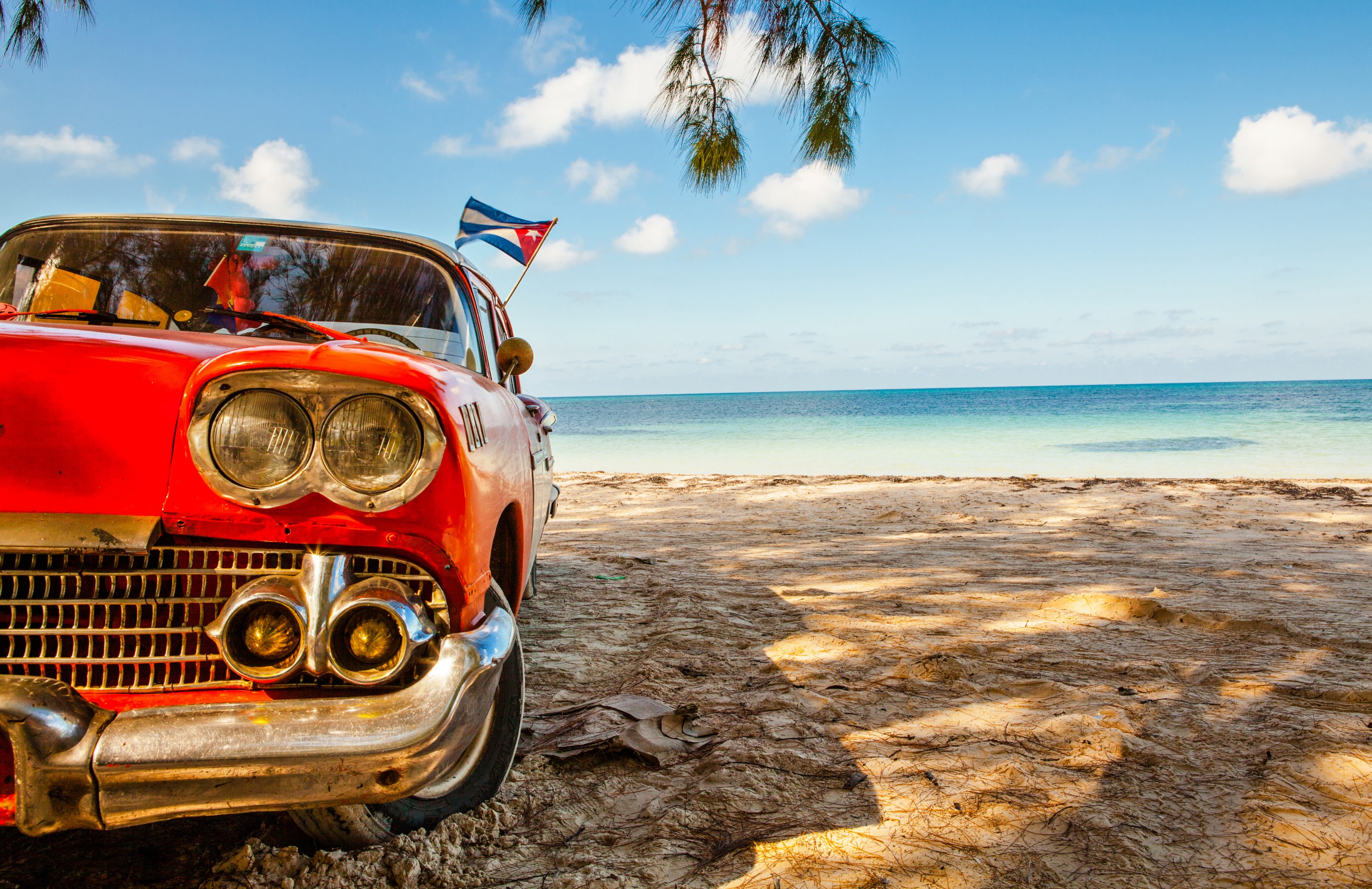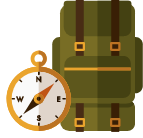We’re working really hard to keep you in the loop as much as possible in the fast-changing circumstances.
We want to help you wherever we can during these challenging times. If you’re struggling financially as a result of Coronavirus and are worried about the payments for your policy, or if you have a policy that you don’t think you’ll need now, such as an annual travel policy, please get in touch. We’ll discuss your options with you and work out how we can provide support.
Our call centres are very busy at the moment and we are trying to answer your questions as quickly as we can. If your query is non-urgent and you are not due to travel in the next two weeks, please don’t contact us yet, so we can prioritise people in need of urgent help or who are due to travel sooner.
In the meantime, we are regularly monitoring the situation and updating our Coronavirus single trip/backpacker and annual multi-trip FAQ pages. To find out more about the impact the outbreak is having on our travel insurance policies, please check the relevant FAQ before calling or emailing us.
We’d also like to highlight that travel insurance only protects against unforeseen circumstances getting in the way of your travel plans, so any policy you buy now will have very limited insurance coverage. While the Department of Foreign Affairs (DFA) has advised against all but essential travel indefinitely, you will not be covered under our travel insurance policies if you decide to go ahead with your trip.


Cuba is a stunning and unique place to visit. Many tourists flock to beautiful beaches like Playa Paraiso or Playa Varadero, but culture vultures will find plenty to keep them entertained in Havana and Trinidad.
Cuba’s known as one of the Caribbean’s most fascinating islands. It’s a beautiful mixture of Spanish colonial cities, magical time-worn towns and truly remarkable attractions. Whether you want to admire colonial architecture and relax in the jazz clubs of Havana, spend a day in the sun on one of Cayo Coco’s beaches or visit the tobacco farms of Viñales, Cuba is a country that delights at every turn.
Before you arrive, it’s important to know that there are two currencies in Cuba. There’s the Cuban convertible peso (CUC) which is used by tourists, and the Cuban peso (CUP), which locals use. You can only convert your money to CUC when you arrive in Cuba, and it’s easiest to do this at the airport or in a large hotel. Before you leave, you’ll also have to convert the currency back into sterling. Although Spanish is Cuba’s official language, English is usually spoken in cities and large hotels.
Due to a trading ban set by the US in 1959, Cuba has effectively stopped in time and vintage American muscle cars still line the streets. But in recent years, Cuba has opened up to tourism. It’s more accessible now than it has been for decades, and tourists regularly flock to its colourful cities and luxurious beaches.
However you plan to spend your holiday, it's important that you get travel insurance for Cuba to protect yourself against any unforeseen eventualities.
Below is some more information about our products, for which Terms and Conditions apply. Please visit the policy information hub for full details.
Why do you need travel insurance for Cuba?
Cuba’s entry requirements state that it’s mandatory for anyone visiting the country to have travel insurance. When you arrive, you may be asked to present proof of insurance, so it’s advisable to print a copy of your documents before you travel.
While you’re in Cuba, travel insurance can help protect you. Although Cuba is now considered to be a relatively safe country to visit, pickpockets and thieves still operate near tourist attractions. Thankfully, travel insurance for Cuba can help reimburse the cost of replacing items that are lost or stolen.
Similarly, if you fall ill on your holiday, then the cost of medical care can be expensive. Plus, depending on where you are in the country, medical facilities may be difficult to get to, meaning the cost of medical evacuation could be high. But with travel insurance from Allianz, you can get medical assistance whilst you’re away.

What does travel insurance for Cuba cover?
- *Not available with Bronze cover
- **Only available with Gold cover
- Terms and Conditions apply.
We also offer a number of additional cover options to help keep you protected. So, if you’re looking to play a few rounds of golf while you’re in Cuba, our Golf insurance can help protect you and your clubs. Or, if you’re getting married during your Cuban adventure, then our Wedding insurance can help protect the most important parts of your big day.
Please remember that, when taking out travel insurance for Cuba, you will need to select ‘Worldwide inc. USA’ as your area of cover, as Cuba is in the Caribbean Sea.
Frequently Asked Questions
Am I covered for sports and leisure activities in Cuba?
Cuba’s an incredibly popular location with thrill-seekers and adventurers. As a result, many holiday-makers visiting this beautiful island choose to snorkel or scuba dive in Maria la Gorda or hike in Viñales. Thankfully, when you choose our travel insurance for Cuba, you’re covered for a number of sports and leisure activities as standard.
To understand exactly which activities you’re covered for, please check your policy documents. In addition, we may be able to provide you with cover for other activities that are not listed, although an extra premium may need to be paid. To learn more, contact Allianz Travel Insurance on 00353 1 619 3681.
Do I need a visa for Cuba?
If you’re visiting Cuba from Ireland, then you’ll need a visa to enter the country. The visa you require for a holiday in Cuba is known as a Tourist Card and it’s valid for 30 days. During this period, you can only enter Cuba once. While you’re in Cuba, you can extend the visa for another 30 days, if required.
If you’re unsure about the entry requirements or need further assistance, the Department for Foreign Affairs suggests contacting your travel agent or the nearest Embassy or Consulate of Cuba. They can also advise you on how long your passport must be valid for.
Can I travel to Cuba from the USA?
Under US law, you cannot travel directly from the USA to Cuba for tourism reasons. This law applies to US nationals and all foreign nationals who are residents of the USA, or travelling through the USA en-route to Cuba.
If you’re travelling to Cuba from Ireland directly, or via other countries excluding the USA, then you’re unaffected by this US legislation.
You can travel directly between the USA and Cuba for 12 permitted reasons, but tourism is not deemed a ‘permitted reason.’ If you’re visiting Cuba for non-tourist reasons, then see the US State Department’s travel advice for Cuba to see whether you’re eligible to travel directly from the US to Cuba.
What else should I think about when visiting Cuba?
Cuba is considered to be a safe place to visit but, before you travel to Cuba from Ireland, there are some cultural considerations you should be aware of.
Cuba Both Cuban currencies are unavailable in Ireland. As a result, you’ll need to exchange euros into Cuban convertible peso (CUC) when you arrive. You’ll also need to convert money back into euros before you leave. However, when you convert your currency back, you may not get a good rate. As a result, you should only exchange the money you need.
During your holiday, you can use traveller’s cheques, but it’s much easier to pay for things in cash. Although ATMs are available in busier areas, many places are cash only. If you’re planning to use your card while you’re in Cuba, you should notify your bank before you travel, and check that it will be accepted when you’re away.
Similarly, tips are encouraged in Cuba, so you should always try to travel with change or 1CUC notes. Generally, a tip of between 10% and 15% is expected in restaurants, while a porter at a hotel will expect 1CUC per bag.
If you want to keep in touch with family members back home, you’ll need to be aware that Wi-Fi isn’t as widely available in Cuba as it is in Ireland. You can access the internet via ETECSA hotspots, but connection varies across the country.
Popular products from Allianz



Worldwide Travel Insurance






